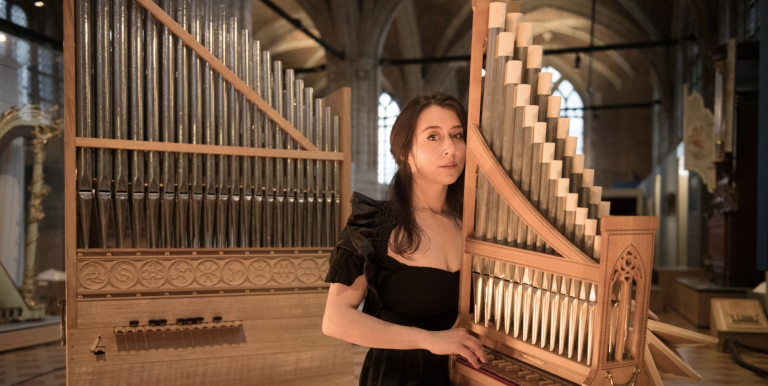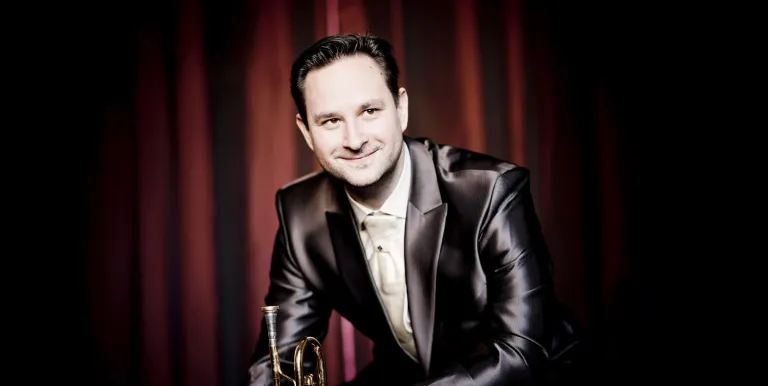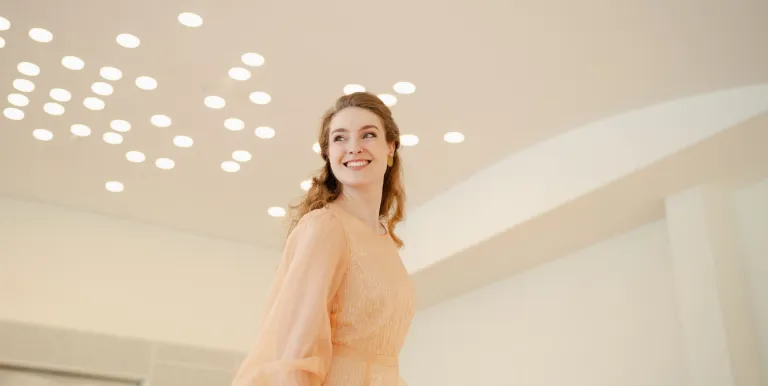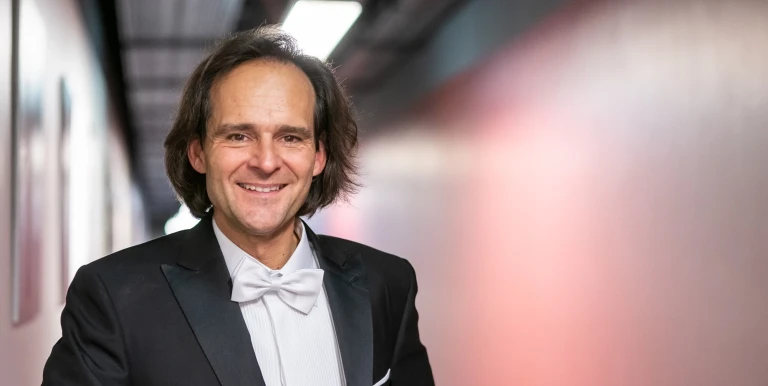one interval
Featuring:
Perotinus
Alleluia Nativitas gloriosae
de Bornelh
Reis glorios, veray lums e clartatz
Unknown composer (12th century)
Nobilis humilis
de Montanhagol
A Lunel lutz una luna luzens (arranged by Ensemble Servir Antico)
Unknown composer (14th century)
Benedicamus Domino (Codex Las Huelgas)
Alfonso X of Castile
Mui grandes noit' e día (cantiga)
Unknown composer (14th century)
Stella splendens (Llibre Vermell de Montserrat)
Unknown composer (15th century)
Ave maris stella (Codex Faenza)
Unknown composer (1270-1297)
Ave donna santissima (Laudario di Cortona)
Landini
Per allegrezza
Chominciamento di gioia (istampitta, Italy, 14th century)
Machaut
Christe, qui lux / Veni, creator / Tribulatio
Unknown composer (14th century)
Lucente stella
Unknown composer (early 15th century)
Lunne plaine d'umilité
Two psalms from Nuckö (after Lena Schönberg)
- I himmelen
- Nu haver denna dag
Redeuntes in idem (Buxheim Organ Book, mid-15th century)
Dufay
Ave Regina
Mit ganczem willen (from the Locham Songbook, late 15th century)
Brassart
Cristi nutu sublimato
Brassart
Ave Maria
Unknown composer (15th century)
Benedicamus Domino (Codex Faenza)
Senfl
Christe qui lux es et dies
Smert
Nowell. The borys hede (Christmas carol)
"One of the most exciting personalities in the world of the historically informed performance of early music.” This is how critics laud the work of Chilean-born Catalina Vicens. Coming to Müpa Budapest together with the still-young but already famous organist and harpsichordist to perform a programme of rarities are her two ensembles: Ensemble Servir Antico and Trio Friman-Ambrosini-Vicens. The title of their concert: "Lucente Stella” - searching for light in the middle ages. In the holiday atmosphere of anticipation leading up to Christmas, this will be a programme well worth watching, enhanced by the exotic sounds of unusual instruments joining in with the vocal parts.
"This show invites you to travel to medieval Europe to hear songs from Spain and France, Italy, England, Sweden, the German-speaking world and Hungary. In search of a guiding ray of light, as well as beauty and joy, the compilation showcases the diversity of medieval music. It will include music that forms a bridge between sacred and secular genres. A specialist in medieval organs, Catalina Vicens has formed two ensembles - the special feature of this evening is having these two music workshops perform together this time as part of a unique Christmas concert” reads the press release for the concert. After starting her training in her native country, Vicens moved on to the Curtis Institute in Philadelphia, the Freiburg College of Music and the Schola Cantorum Basiliensis in Basel. She gives concerts all over the world, engages in extensive pedagogical activities, serves as a curator of collections and as a jury member at international competitions. At the joint concert of her two ensembles, we will get to enjoy the remarkable sound of not only the four singers, but also of the lute, zither, fidula, nyckelharpa and portable organ that will join them.
The concert will be preceded from 6.30 pm by a conversation entitled Prologue, where ticket holders will be invited to get to know the performing musician and the works to be performed more closely.
The host of the discussion Gergely Fazekas.
Presented by: Müpa Budapest
-
We wish to inform you that in the event that Müpa Budapest's underground garage and outdoor car park are operating at full capacity, it is advisable to plan for increased waiting times when you arrive. In order to avoid this, we recommend that you depart for our events in time, so that you you can find the ideal parking spot quickly and smoothly and arrive for our performance in comfort. The Müpa Budapest underground garage gates will be operated by an automatic number plate recognition system. Parking is free of charge for visitors with tickets to any of our paid performances on that given day. The detailed parking policy of Müpa Budapest is available here.










